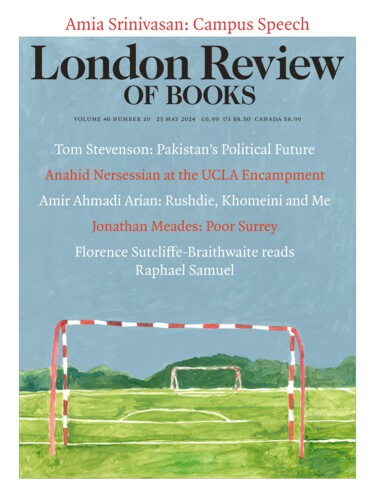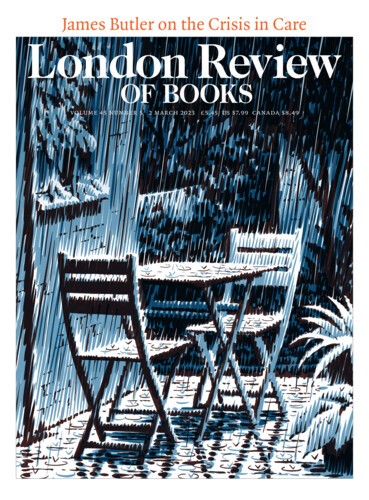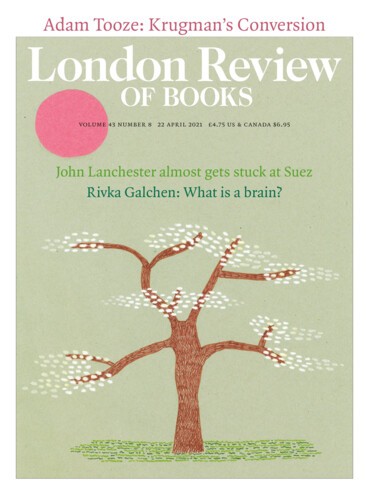On Reichenau Island
Irina Dumitrescu, 26 September 2024
At some point in the early sixth century, a well-born Irish monk arrived on Säckingen, a small island on the Rhine. Fridolin had already travelled through Gaul, discovered the relics of St Hilarius at Poitiers and reversed a bishop’s paralysis before Hilarius appeared to him in a dream and gave him another assignment: to find an uninhabited island among the Alemanni, the Germanic...





